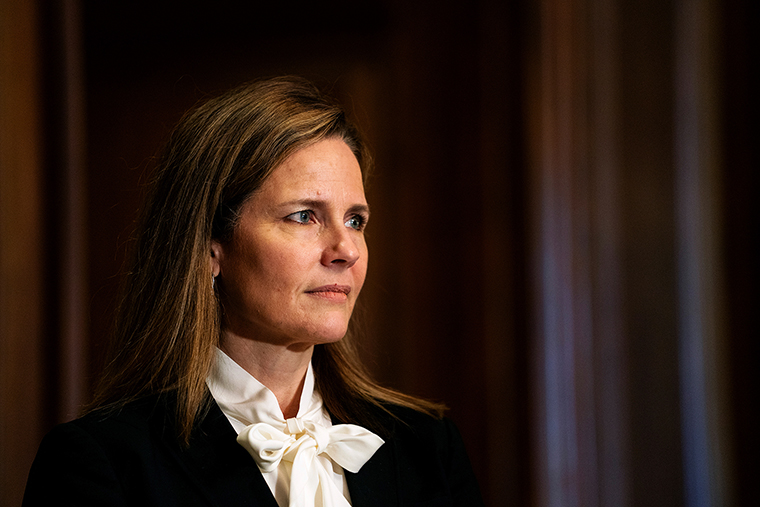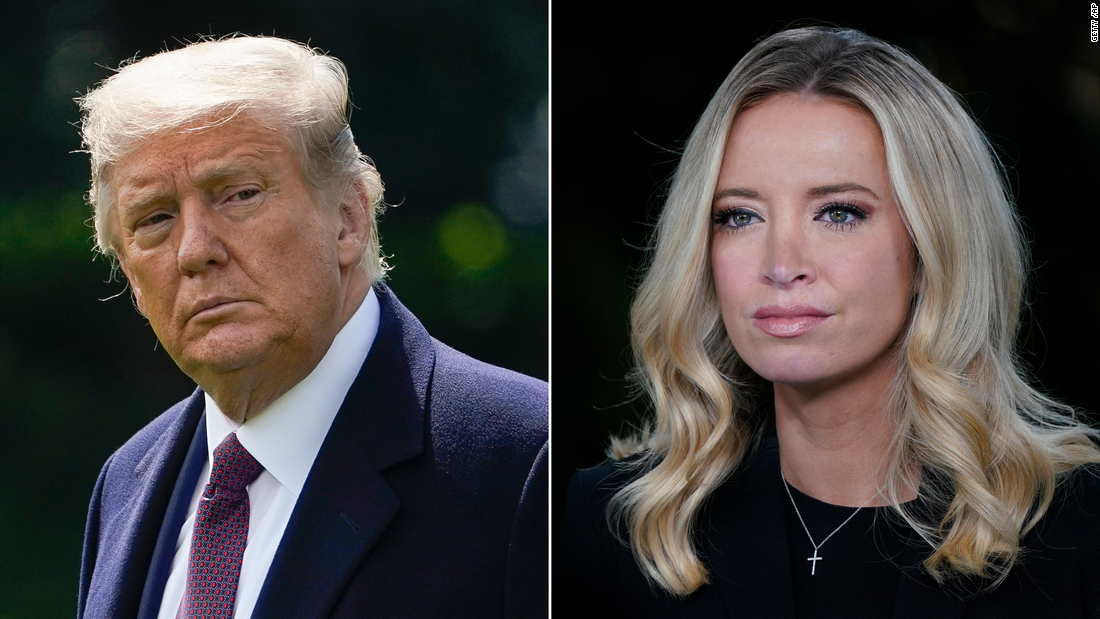‘We had a superspreader event in the White House,’ Fauci says

Democratic senators are pressing Judge Amy Coney Barrett to promise to sit out any Supreme Court election dispute between President Trump and former Vice President Joe Biden.
Barrett has eluded their requests and made no commitment. Yet with controversies over state ballot practices escalating and the possibility of a replay of the 2000 Bush v. Gore ordeal in the air, the topic is sure to surface at Barrett’s Senate confirmation hearings next week.
Trump has pointed to the Nov. 3 election as a reason for seeking swift Senate confirmation of Barrett, a federal appeals court judge who would be his third appointee to the nine-member bench. The Republican incumbent has said he believes the Supreme Court could ultimately decide whether he is the victor over Biden.
Confirmation hearings for Barrett, Trump’s Supreme Court nominee, are slated to begin Monday in the Senate Judiciary committee.
In a recent CNN poll, more than half (56%) of the Americans surveyed said they think Barrett should recuse herself from cases on the presidential election; 34% said the opposite. Opinions divided largely by party: 82% of Democrats; 53% of independents and 32% of Republicans said Barrett should promise to recuse herself from cases about the election.
Supreme Court practice leaves it to individual justices to decide when to recuse themselves from cases. In her recent questionnaire to the Senate Judiciary Committee, Barrett noted that federal ethics law covering lower court judges is not binding on the Supreme Court but said she would look to it, as other justices have.
The law requires judges to disqualify themselves when their “impartiality might reasonably be questioned.” Rarely do Supreme Court justices sit out cases and typically only when they have a financial stake or family connection to the dispute.
As Democrats have pounded away at a possible conflict of interest for a Justice Barrett, law professors are divided on the issue.
“I agree that justices can sit in cases that are of great consequence to the appointing president,” New York University law professor Stephen Gillers told CNN, but added: “That’s not this situation. Here, Barrett would be asked to decide whether Trump will keep his job after Trump gave Barrett her job just weeks earlier while publicly anticipating her vote in his favor.”
But Ross Garber, who teaches at Tulane Law School, is of the opposite mind, saying Barrett need not recuse herself because she would already have lifetime tenure and “no stake at all in the outcome of the election.” Garber added, “I’d go so far as to say she has a duty to sit and hear any elections cases that come before her.”
Read the full story here.
139 total views


